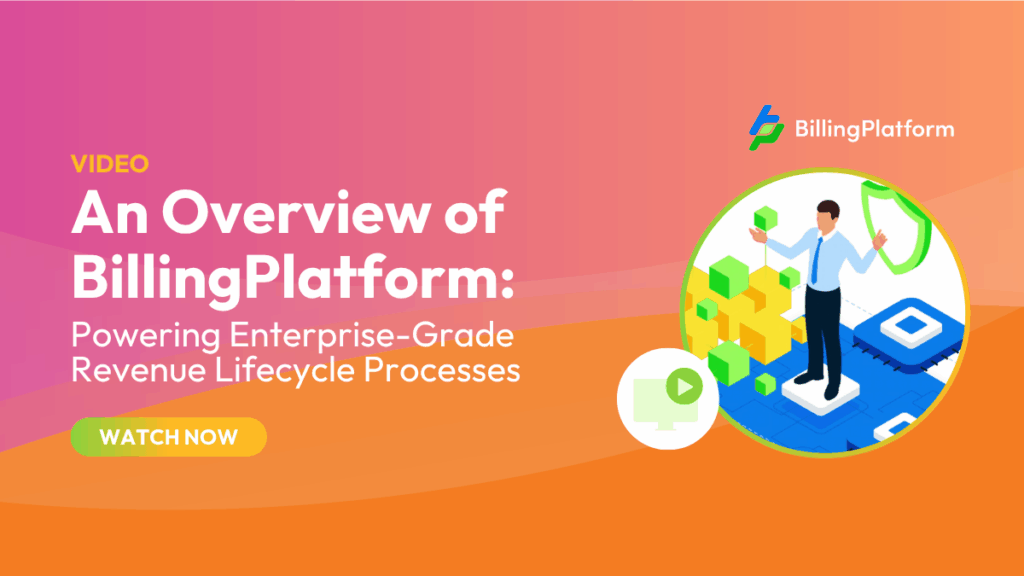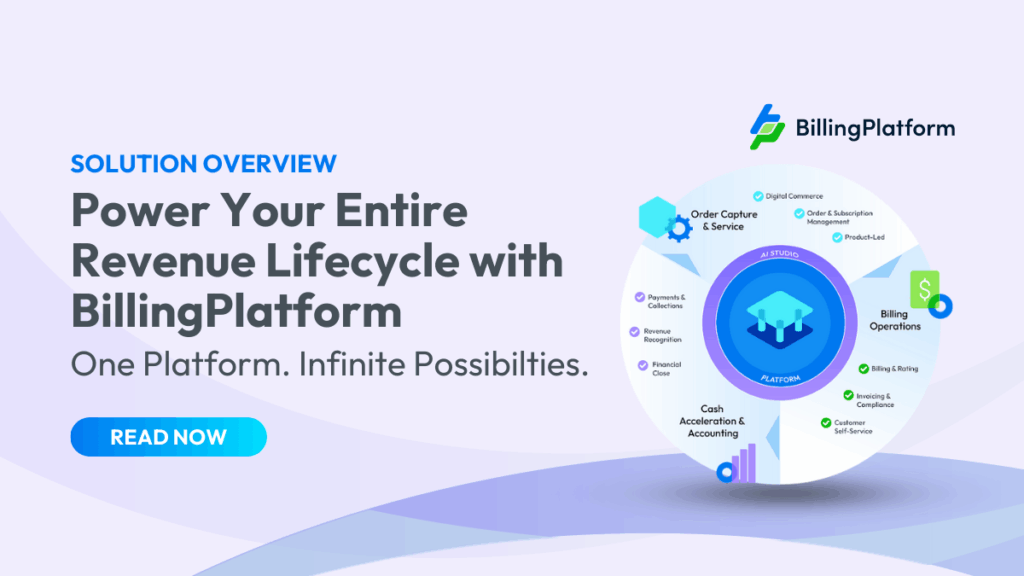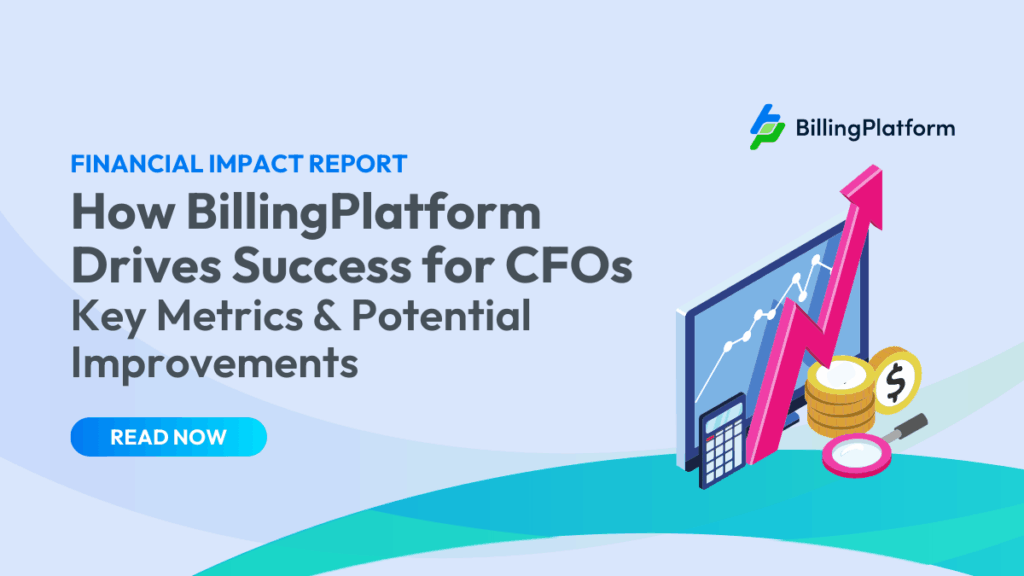As our world goes increasingly digital, how companies handle data will continue to be a topic of concern. Consumers want total reassurance that their private information is safe. Many even want control over how businesses store, use, and protect their data.Our society is particularly sensitive right now, given the scale and frequency of cybersecurity attacks all over the world. In 2019 alone, it’s estimated that hackers accessed more than 8.5 billion accounts. Several years ago, Cybersecurity Ventures predicted that cybercrimes would cost organizations $6 trillion every year by 2021.
As a third-party, cloud-based billing solution, we recognize how important data security is to our customers. We have a team dedicated to ensuring that our services and platform features comply with the latest regulations related to data management.
Below, I highlight how BillingPlatform enables compliance with the following regulations:
BillingPlatform enables protection for private data and minimizes regulatory risk, even for your most complex business models.
Payment Card Industry Data Security Standard (PCI DSS)
PCI DSS specifies security requirements for businesses related to credit card transactions. The standard covers how organizations should accept, process, store, and transmit cardholder information to prevent fraud and data breaches.
Many of BillingPlatform’s enterprise clients accept credit card payments. Our platform offers secure digital processing and enables clients to take advantage of PCI-compliant, electronic payment gateways. As a result, companies can accelerate receivables while protecting sensitive customer payment data.
Payment Service Directive 2 (PSD2)
PSD2 is another EU regulation that enhances digital payment security standards and fosters transparency within the financial services ecosystem. The legislation put forth a new framework called Strong Customer Authentication for Merchant-Initiated Transactions (MITs) to help prevent fraud related to recurring billing models.
Due to BillingPlatform’s flexibility, merchants can establish secure gateways around any transactions that they initiate. Additionally, BillingPlatform can extend to other financial systems and facilitate rejected payment recovery, as well as handle exemptions that would otherwise require complicated workarounds.
SOC 1 & 2
SOC 1 and 2 are compliance frameworks designed to help organizations assess whether or not they have proper controls in place for both data reporting and data management. SOC 1 focuses on the financial side, while SOC 2 evaluates how companies protect consumer information.
There are two different types of SOC 1 reports. Type 1 reports demonstrate that organizations have proper internal financial controls in place. Type 2 reports confirm that those controls are effective over a period of time. SOC 2 emphasizes security controls for private data and comes with similar reports.
BillingPlatform supports organizations on both fronts. Our platform helps businesses of all sizes report finances transparently and guard private data from security breaches. Those who need to prove SOC 1 & 2 compliance can do so easily, thanks to our comprehensive solution.
General Data Protection Regulation (GDPR)
The European Union (EU) implemented the General Data Protection Regulation in May 2018. The legislation protects the rights of EU citizens by bolstering data privacy requirements. Companies that gather, use, or store personal data belonging to EU citizens must comply with the GDPR, regardless of where they are located.
Fortunately, BillingPlatform can integrate seamlessly into any GDPR compliance program. Largely, the BillingPlatform solution does not collect personal data from consumers directly or use that information for purposes other than billing. Therefore, finance leaders who wish to store private data in our solution find they only need to make small adjustments when configuring BillingPlatform to fulfill GDPR requirements. It’s a plug-and-play, GDPR-compliant solution. In addition, BillingPlatform allows customers to choose which personal information will be stored in the platform as well as configure security and access rules.
ASC 606
Although this standard doesn’t apply to issues of security, it is a regulation finance executives must follow. ASC 606 is a set of modern accounting standards designed to improve financial reporting and revenue transparency across industries. Both private and public companies must ad here to ASC 606, which is challenging for those who deploy dynamic and complicated pricing tactics.
BillingPlatform enables companies to easily configure how they recognize revenues for various products. Finance teams can align any pricing model to globally accepted accounting principles using our rules-based engine for any industry, geography, and business model.
Complete Data Security & Compliance with BillingPlatform
Outside of these specific pieces of legislation, we are always keeping tabs on the regulatory environment. As a provider of cloud-based billing services, we want to reassure all of our clients and partners that we provide the capabilities and expertise necessary to stay above board in all areas related to billing and private information
Want to discuss your unique regulatory and billing needs? Contact us today.


